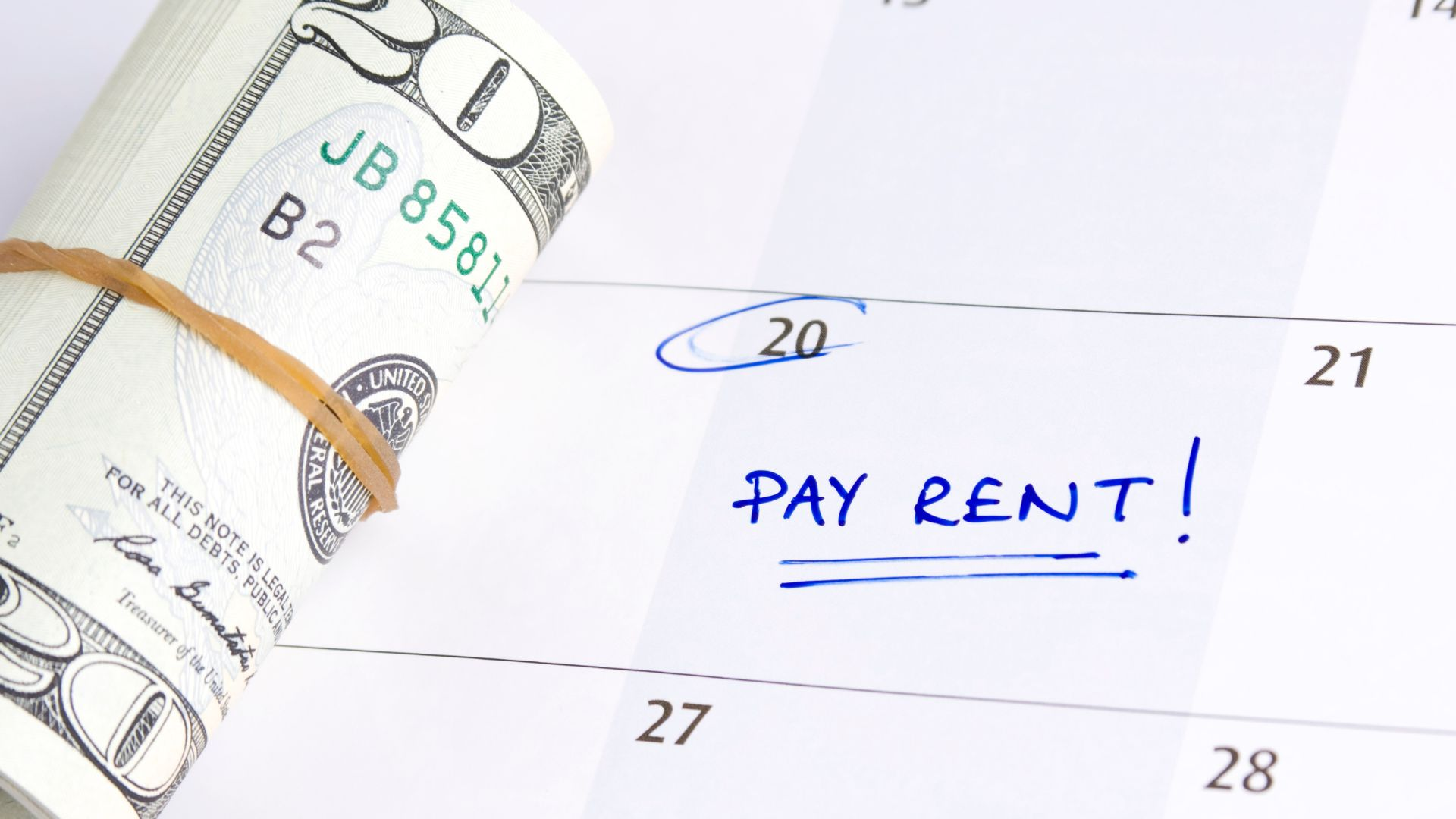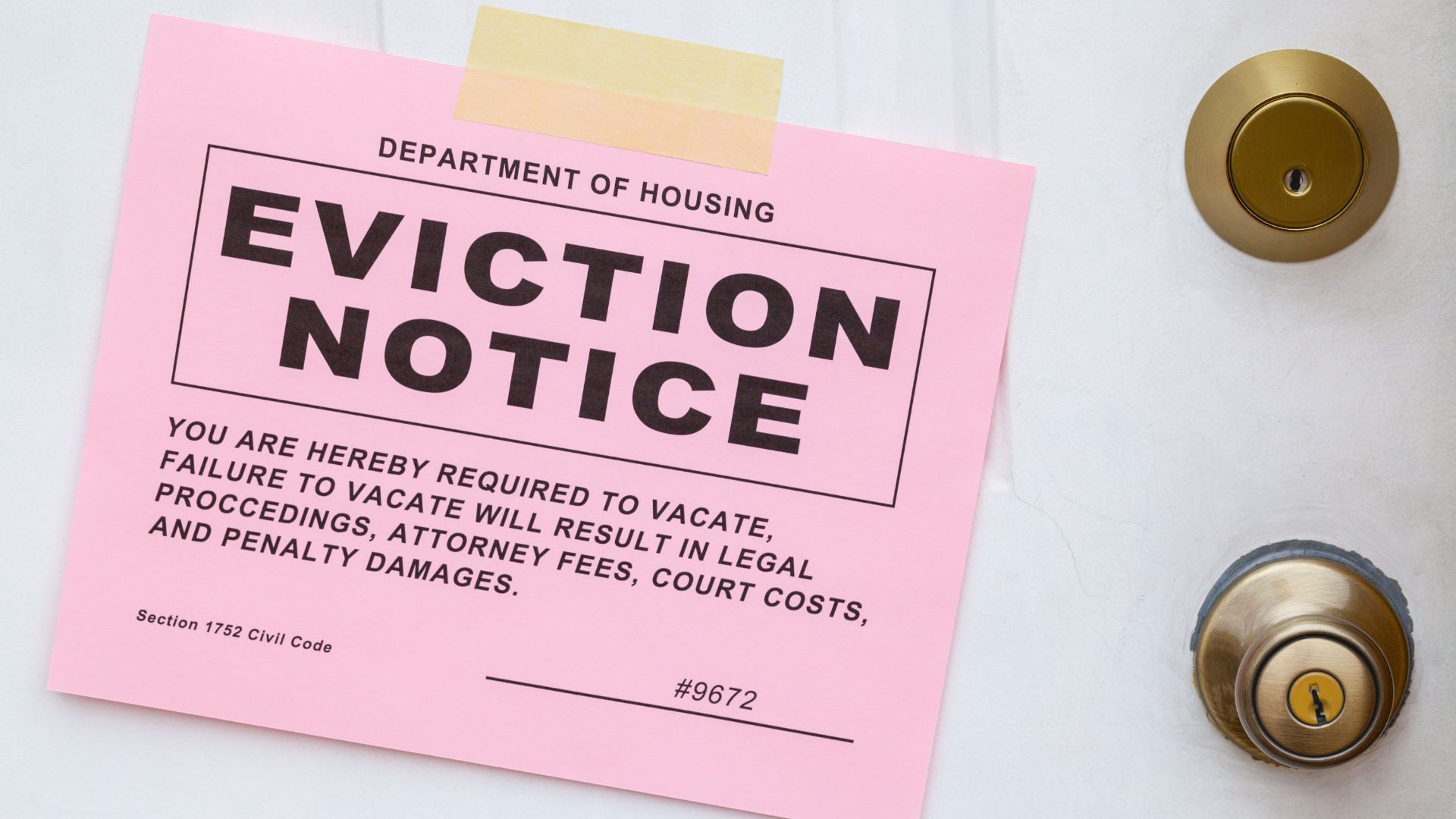As a Chicago rental property owner, you must be well-versed in affordable rental housing opportunities!
Navigating the complexities of the Section 8 program can be challenging for Chicago rental owners. The Section 8 program plays a crucial role in providing affordable housing solutions and affordable rental housing opportunities, particularly in urban areas, by supporting low-income families, the elderly, and the disabled.
This guide addresses frequently asked questions about the Section 8 housing choice voucher program in Chicago, helping landlords understand their responsibilities, benefits, and how to maximize the effectiveness of their participation in the program, contributing to urban development through the provision of quality housing.

What is the Housing Choice Voucher Program (Section 8)?
Section 8, is a federal rental assistance program administered by local public housing agencies (PHAs). It helps low-income families, the elderly, and the disabled find affordable housing. This housing is not just any rental housing, but specifically safe, decent, and sanitary housing, emphasizing the program's commitment to ensuring access to decent housing in the private market. Participants can choose any housing that meets the requirements of the program, not limited to units located in subsidized housing projects.

How does Section 8 work with the Chicago Housing Authority?
In Chicago, the program is administered by the CHA. Owners who wish to rent to tenants holding Section 8 vouchers must have their rental property inspected and approved by the CHA to ensure it meets health and safety standards. Once approved, landlords receive a portion of the rent directly from the CHA, with the tenant paying the difference between the actual rent charged by the landlord and the amount subsidized by the program. Additionally, landlords enter into a housing assistance payments contract with the CHA, which is crucial for outlining the terms under which they will receive monthly housing assistance payments directly from the agency, ensuring a steady income while also detailing their responsibilities in property maintenance and upkeep.

What are the benefits of participating in Section 8 for affordable housing?
Steady Income:
One of the main benefits of participating in the Section 8 program is the assurance of receiving a portion of the rent regularly from the government, which is particularly appealing during economic downturns.
Larger Pool of Potential Tenants:
By accepting Section 8 vouchers, property owners can expand their pool of potential tenants, reducing vacancy rates.
Community Support:
Participating in Section 8 contributes to the community by offering rental assistance, a form of support that plays a vital role in housing families with children/other household members, the elderly, and people with disabilities through the Section 8 housing program. This program provides financial assistance to low-income families to afford decent, safe, and sanitary housing in the private market.

What are the requirements for properties to be eligible for Section 8 rental assistance?
Housing Quality Standards (HQS):
Properties must meet specific safety and health standards. These include working plumbing and heating systems, safe electrical systems, sound structure, and sanitary facilities.
Annual Inspections:
To continue participating in the program, properties must pass an annual inspection by the CHA to ensure compliance with HQS.
To be considered eligible rental housing for Section 8 tenants, properties must meet the Housing Quality Standards, underscoring the critical role of community resources in affordable rental housing in supporting the needs of low-income individuals and families.

How do I apply to become a Section 8 landlord in Chicago?
Contact the CHA:
Start by contacting the CHA to express your interest in the program and learn about the current need for Section 8 housing in your area. This step is crucial for landlords interested in contributing to the availability of affordable rental housing opportunities in Chicago, supporting the city's efforts to meet the needs of low-income residents.
Attend an Orientation:
The CHA typically requires new landlords to attend an orientation session where you will learn about the rules and procedures of the program requirements and eligibility requirements.
Property Inspection:
Schedule an inspection with the CHA to ensure your property meets the HQS for voucher holders.
Lease and Contract:
Once your property passes inspection, you will sign a lease with the tenant and a housing assistance payments (HAP) contract with the CHA.

Can I evict a Section 8 tenant?
Navigating Chicago's eviction process can challenging. Yes, Section 8 tenants can be evicted for violations of lease terms in the city and suburbs, much like non-Section 8 tenants. However, proper legal procedures must be followed, including providing appropriate notices and the opportunity for a hearing in accordance with local landlord-tenant laws. It is crucial to document all interactions and reasons for eviction of the unit thoroughly.
Can I Perform a Rent Increase According to the Department of Housing for a Section 8 Tenant?
In Chicago, as in other places, you can increase the rent and maintain a rent-to-income ratio for Section 8 tenants, but there are specific procedures and regulations you must follow to do so legally. Section 8, also known as the Housing Choice Voucher Program, is governed by regulations set by the U.S. Department of Housing and Urban Development (HUD) and administered locally by public housing agencies (PHAs), such as the Chicago Housing Authority (CHA).
Conclusion
Participating in the Section 8 program in Chicago can be beneficial for property owners, offering a reliable source of rental income and the opportunity to help provide housing to those in need. Understanding the responsibilities and requirements of the program is crucial to making an informed decision and ensuring a smooth partnership with the Chicago Housing Authority. Grasping the concept of monthly adjusted gross income can further illuminate the financial advantages of the program for landlords, as it plays a critical role in determining the subsidy amount, thereby affecting the overall profitability of renting to Section 8 tenants.
We Can Help!
If you have questions about property management or how we can help you in your next real estate endevour, consider us at Landmark Property Management a resource, we’re always happy to help. Feel free to check out our website at ChicagosPropertyManagement.com or give us a call.







